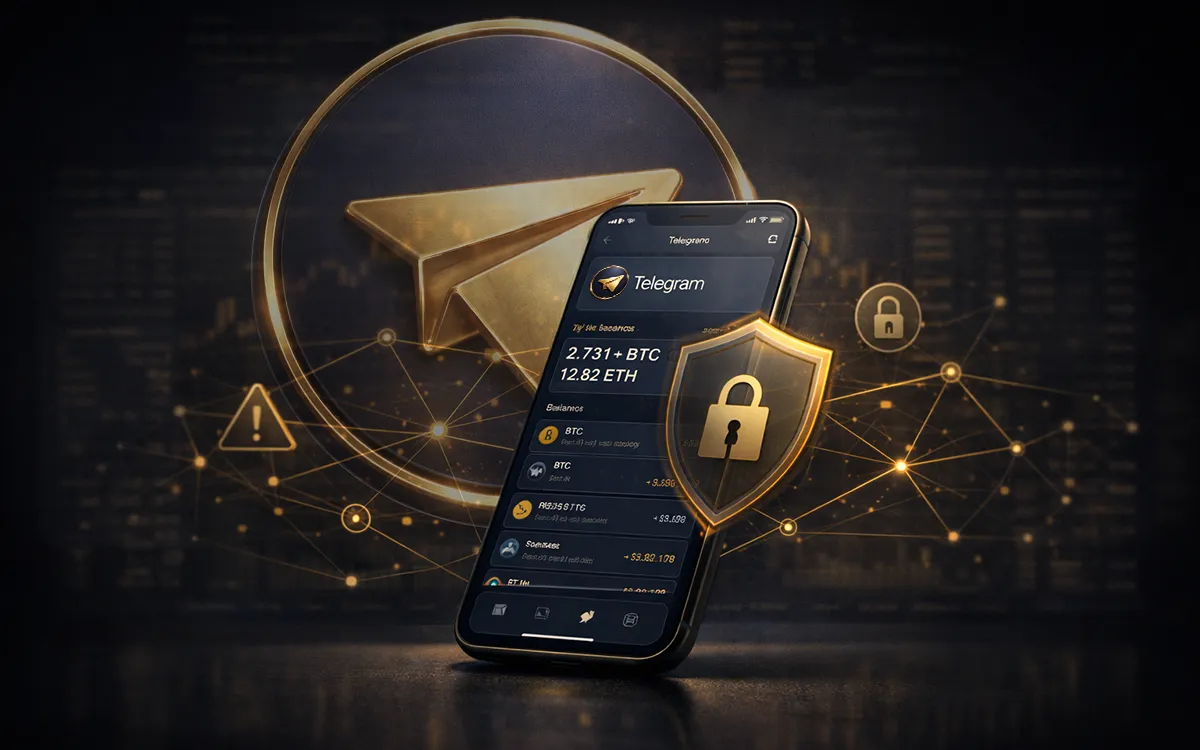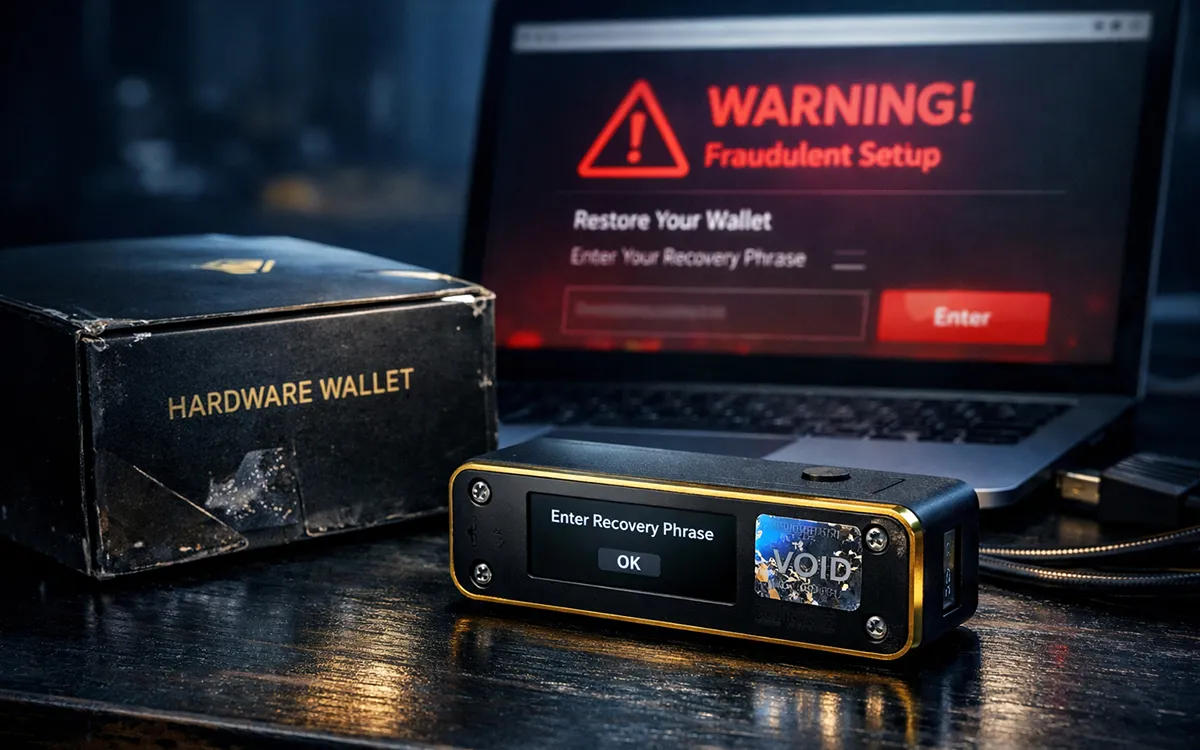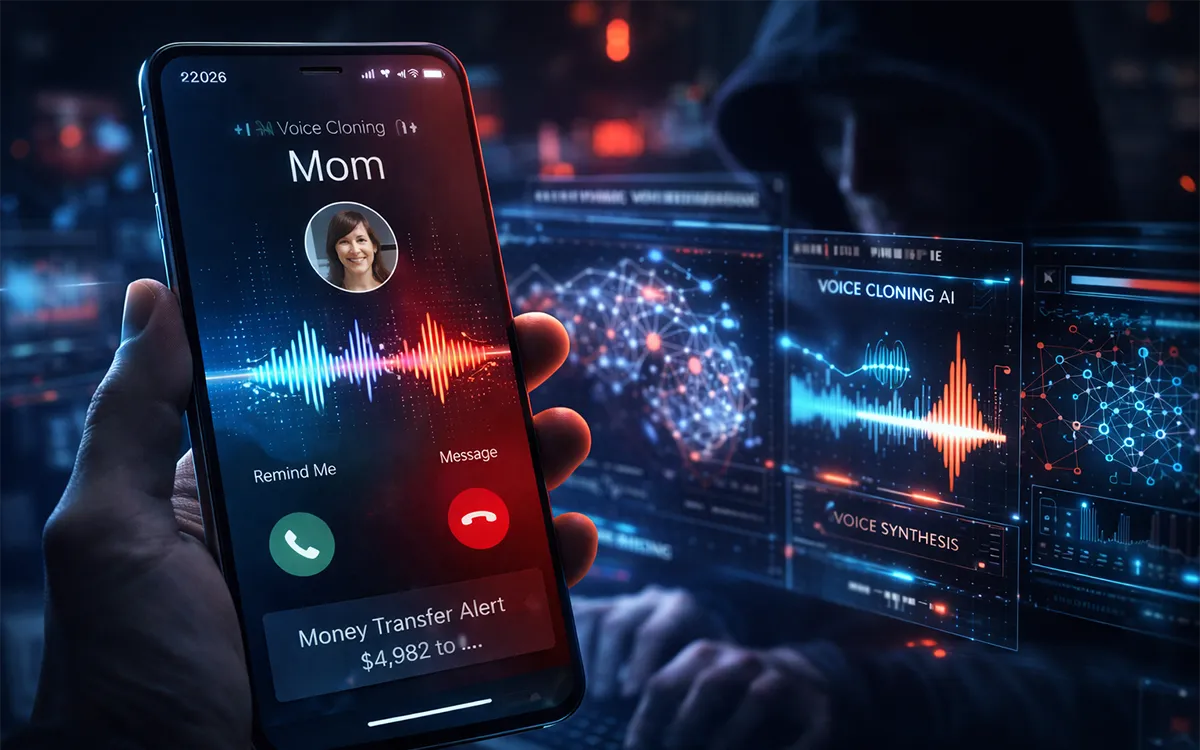
- Social Media
- September 25, 2024
Table of Contents
Social media today is a way of life since we are living in a social-oriented, digitalized society. But when we open up more, we are also putting ourselves at risk, such as the social media scams. This blog will guide you through the essential steps for protecting personal information online and ensuring social media security.
Understanding Social Media Scams
What Are Social Media Scams?
Social media scams include con activities that help the fraudster gain access to the user’s personal details or money. These scams can be in the form of fake profile creations, fake phishing emails or messages, and fake offers, among others.
Common types of social media scams
- Phishing Scams: Phishers merely use messages or emails that come across as if they originate from respectable organizations that make you provide personal details.
- Fake Profiles: The perpetrators master accounts in a way that they adopt their fake identity of somebody you know or a celebrity you trust.
- Fraudulent Offers: They create fake promises and ask you to click on this link to get free this or that; free jobs; free trials; etc.
Key Strategies for Social Media Scam Protection
1) Be mindful of what you share
Your personal information is valuable. Think twice before sharing details like your address, phone number, or financial information online. Protecting personal information online starts with being cautious.
2) Strengthen Your Privacy Settings
Take control of who sees your posts by adjusting your privacy settings. This step is crucial for social media privacy and keeps unwanted eyes off your personal details.
3) Recognize Red flags
Not every message or friend request is legitimate. If something feels off—like a deal that’s too good to pass up—it’s probably a scam. Learning to recognize these red flags is key to avoiding social media scams.
4) Secure Your Accounts with Strong Passwords
A strong password is your first line of defense. Mix characters, numbers, and symbols together, and consider turning on two-factor authentication for added social media security.
5) Stay Updated on Scams
Scammers never run out of newer ways. Regularly update yourself on the latest social media fraud trends to stay one step ahead.
Best Practices for Safe Social Media Usage
1) Use two-factor authentication
Always turn on two-factor authentication for all of your social media accounts. This little step provides extra security, making it difficult for any scammer to get into your information.
2) Verify Before You Trust
Before clicking on a link or accepting a friend request, take a moment to verify the source. Social media scam protection starts with caution.
3) Regularly Review Your Privacy Settings
Platforms often update their privacy policies, which could change your settings. Regularly review and adjust them to maintain privacy protection.
4) Be Wary of Third-Party Apps
Third-party apps often ask for permissions that could compromise your privacy. Only use trusted apps to ensure safe social media usage.
5) Report and block suspicious activity
If you encounter something that seems off, report it to the platform immediately. Staying safe on social media involves helping platforms identify and shut down scams.
The Importance of Protecting Personal Information Online
1) Keep Your Personal Information Private
The less you share, the safer you are. Avoid posting sensitive details that could be used against you.
2) Educate yourself and others
You can keep yourself updated about the most recent social media scams and spread the word out with friends and family. Social media privacy is not just about safeguarding your life but also about helping others be safe.
3) Monitor your accounts for Unusual activity
Regular checking of your accounts will help you find them in the very initial stages. Quick action is crucial in protecting personal information online.
4) Be Skeptical of online offers.
If an offer sounds too good to be true, it probably is. Always verify before you trust, especially when the offer involves sharing personal details.
Enhancing Social Media Security: Simple Steps You Can Take
1) Limit Your Connections
Only accept friend requests from people you know. This reduces your exposure to potential social media fraud.
2) Keep Your Software Updated
Outdated software can be a security risk. Regular updates help protect against vulnerabilities that scammers might exploit.
3) Use Strong, Unique Passwords for Each Account
Avoid reusing passwords across different platforms. A strong, unique password for each account greatly enhances social media security.
4) Think Before You Click
Scammers often use tempting links to lure you in. Be cautious about where you click, especially on social media.
Conclusion
In today’s digital world, it’s crucial to practice safe social media usage to avoid scams and protect your personal information. By following the tips above, you can enjoy the benefits of social media while minimizing risks. Be informed and cautious; that is the best defense against social media scams.
For more information on protecting yourself from online fraud, visit Global Financial Recovery for expert advice and assistance.
FAQs (Frequently Asked Questions)
As it was mentioned before, everyone’s social media risks are scams that can include phishing attacks, fake profiles, and too good to be true offers with the purpose of taking your identity or your money.
Always block privacy, never give personal information, and always ensure the legitimacy of the received request or message.
If you get scammed, then that will be the time you should involve the social media platform as soon as possible and not engage the scammer.
But for social media security, follow the steps like changing settings from time to time, using proper passwords, and avoiding sharing sensitive information.
By regularly being updated on current social media scams, you reduce the chances of falling victim to new tricks; hence, your identity remains safe.





